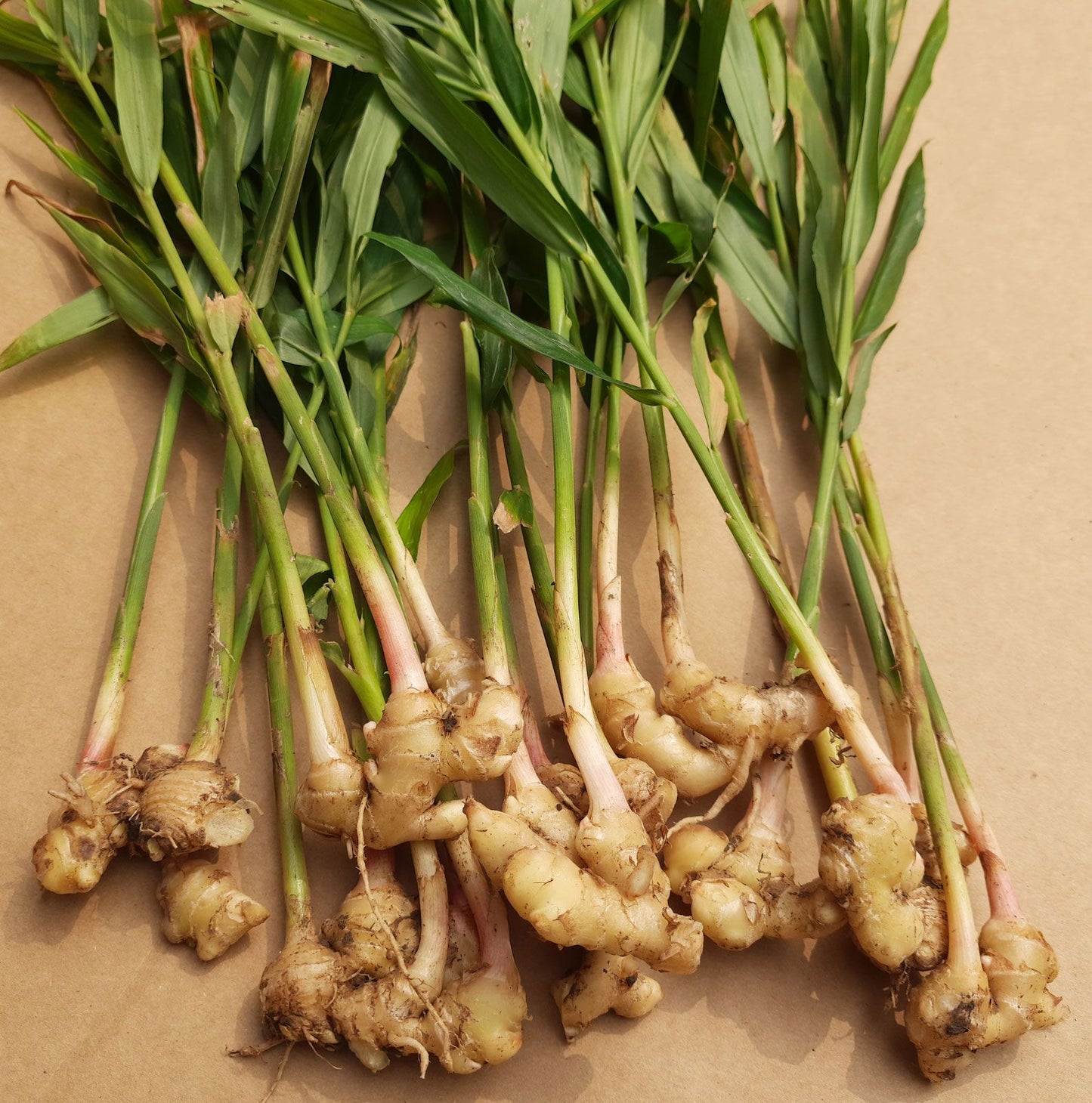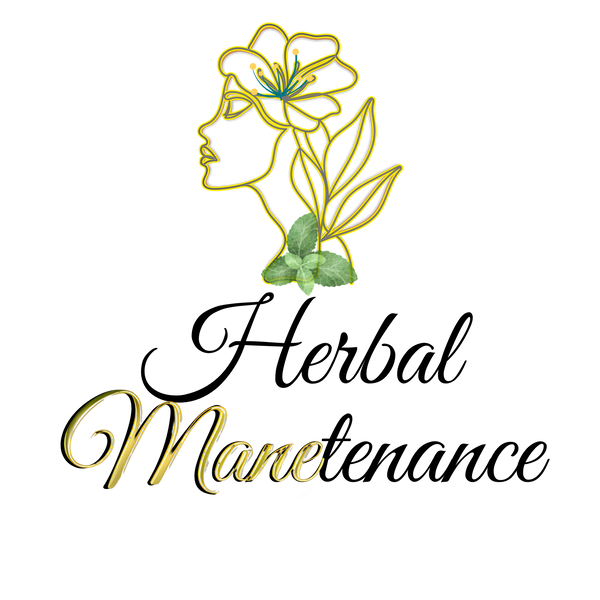Herbal Manetenance Ingredients
Ginger
Ginger
Zingiber officinale
Composition
Composition
- Carbohydrates: A major component, ranging from 50-70%.
- Lipids: Contributes to the fat content, typically around 3-8%.
- Proteins: Present in smaller amounts, around 2-9%.
- Minerals: Includes potassium, ash, and other trace elements.
- Vitamins: Contains various vitamins like nicotinic acid and vitamin A.
- Gingerols: A major group of phenolic compounds found in fresh ginger, responsible for its pungent taste.
- Shogaols: Formed when gingerols are dehydrated, particularly in dried ginger.
- Paradols: Another type of phenolic compound found in ginger.
- Essential oils: Contribute to ginger's aroma and include compounds like zingiberene, bisabolene, and others.
- Other compounds: Include amino acids, dietary fiber, phytosterols, and enzymes.
Origins
Origins
Ginger isthought to have originated in Maritime Southeast Asia, specifically the region of the Indonesian Archipelago.It was then transported and cultivated by the Austronesian people as they expanded across the Indo-Pacific, potentially reaching as far as Hawaii.
Did you know?
Did you know?
Share

Collapsible content
HAIR BENEFITS
Promotes Hair Growth:Gingerol, a compound in ginger, acts as a vasodilator, improving blood circulation to the scalp. This increased circulation delivers essential nutrients and oxygen to hair follicles, stimulating hair growth and strengthening hair roots.
Treats Dandruff:Ginger's antimicrobial properties help fight dandruff-causing fungi and bacteria. It also soothes inflammation and irritation, creating a healthier scalp environment for hair growth.
Soothes Scalp Irritation:Ginger's anti-inflammatory properties can reduce redness, itching, and inflammation of the scalp. This calming effect can prevent hair loss caused by scalp conditions.
Strengthens Hair:Ginger contains vitamins, minerals, and fatty acids that strengthen hair strands and reduce brittleness. This can help prevent breakage and split ends, leading to healthier, more manageable hair.
Improves Hair Texture:Ginger's natural oils and nutrients can improve hair texture, adding shine and making hair more manageable. It can also help tame frizz and define waves.
Suitable for Various Hair Types:Ginger can be beneficial for straight, wavy, curly, and color-treated hair, enhancing shine, defining waves, maintaining moisture, and revitalizing treated hair.
SCALP / SKIN BENEFITS
Scalp Benefits:
- Promotes Hair Growth:Ginger stimulates blood circulation in the scalp, which can help nourish hair follicles and encourage hair growth.
- Reduces Dandruff:Ginger's antiseptic properties can help combat dandruff by reducing yeast and bacteria growth on the scalp.
- Soothes Irritation:Ginger's anti-inflammatory properties can help soothe an irritated scalp, providing relief from itching and redness.
- Balances Scalp pH:Ginger can help regulate sebum production, making it suitable for both dry and oily scalps.
Skin Benefits:
- Improves Skin Tone and Texture:Ginger's antioxidant properties can help protect skin cells from damage, promoting a more youthful complexion.
- Reduces Inflammation:Ginger can help reduce inflammation and irritation in skin conditions like eczema, psoriasis, and acne.
- Fades Scars and Hyperpigmentation:Ginger's toning and antioxidant properties can help fade scars and improve skin tone.
- Brightens and Clears Skin:Ginger's antioxidant properties can help revitalize dull skin and reduce the appearance of dark spots.
- May help with acne:Ginger's antibacterial properties can help fight acne-causing bacteria.

